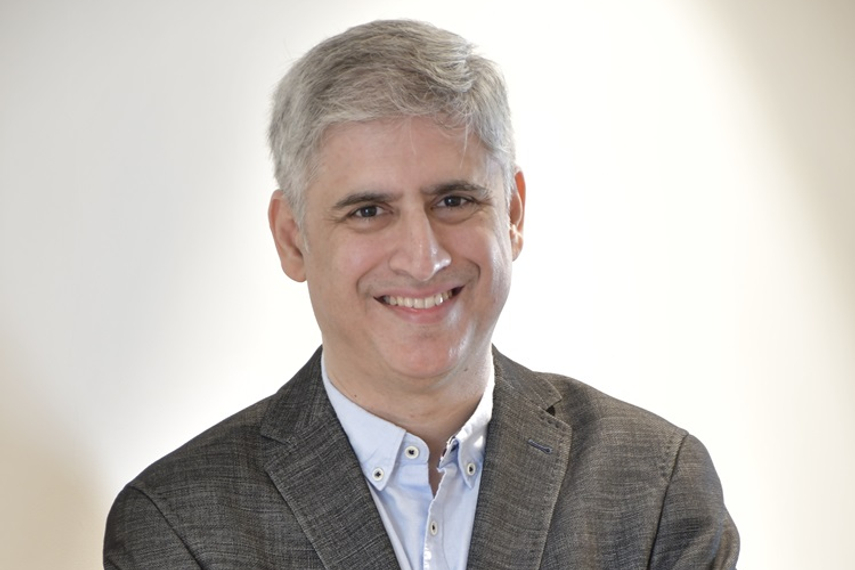
Please sign in or register
Existing users sign in here
Having trouble signing in?
Contact Customer Support at
[email protected]
or call+852 3175 1913
The CEO of Dentsu South Asia chats with Campaign India about his role at the group, why he as an outsider from the industry can help, and a lot more...

Contact Customer Support at
[email protected]
or call+852 3175 1913
Top news, insights and analysis every weekday
Sign up for Campaign Bulletins
The creative director at Clemenger BBDO on his love for an old Gap ad, annual pilgrimages to see The Flaming Lips, and his indifference to bucket lists.
Chiang’s leadership, performance-agility mindset, and mentorship has made iProspect an industry champion in driving brand growth while pioneering the implementation of AI-driven solutions for clients and young talent.
EXCLUSIVE: After more than three years leading Forsman & Bodenfors Singapore, Po Kay Lee’s elevation to Asia president comes amid a series of regional wins—and signals a push to reorient the agency’s creative process around ideas, not just media spend.
Google’s 2024 Ads Safety Report outlines how AI is being used to identify and prevent ad policy violations at scale. While enforcement activity has increased, persistent gaps and inconsistencies exist across markets.